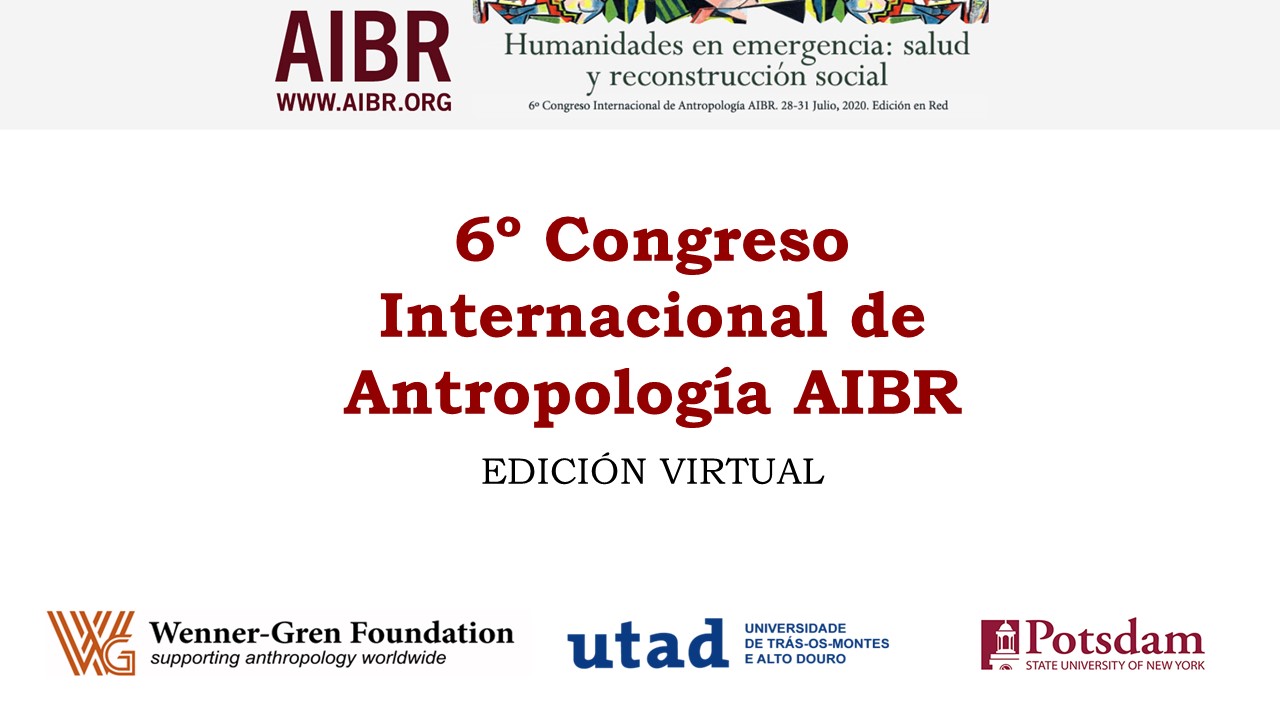Just Us? Addressing human exceptionalism and the monopoly of Culture.
Since the beginning of the first courses of degrees in anthropology, every student learns that Culture is a polysemic concept. Already in 1952 Kroeber and Kluckhohn compiled more than 150 definitions from theoretical diverse backgrounds. From the on, definitions keep emerging and even if different traditions offer views of this phenomenon that are completely different, sometimes even opposed, in most of the cases shared a feature that is deeply rooted in the mindset of the discipline: Culture, whatever we intend, is by definition something exclusively human. Anymals appear as "beasts", automats guided by their instincts, deprived of cognitive skills such as social learning, innovation, behavioural adaptation...The most striking thing is that, even if an interesting debate is alive, cultural anthropologists tend to ignore more than seventy years of ethological literature that challenge assumptions that are repeated and never questioned by scholars. From decades we have witnessed how several species of primates are able to transmit/learn behavioural patterns linked to foraging and social activities. The issue has been traditionally addressed by confronting the material vs the symbolic capacities. The objective of this talk is, through a theoretical critical review of the most relevant studies in the field of cultural primatology, to reopen the debate on human exceptionalism, pointing out the arguments for and against extending the concept of Culture to other species.










